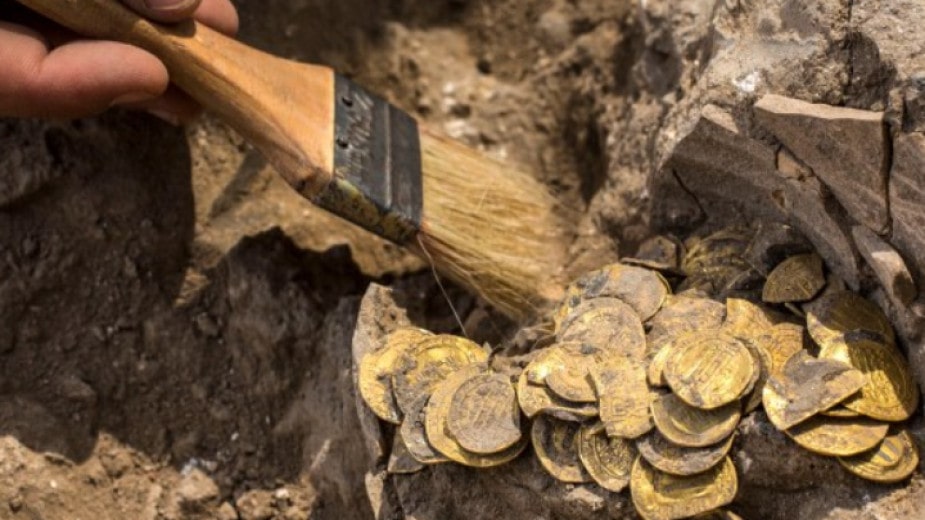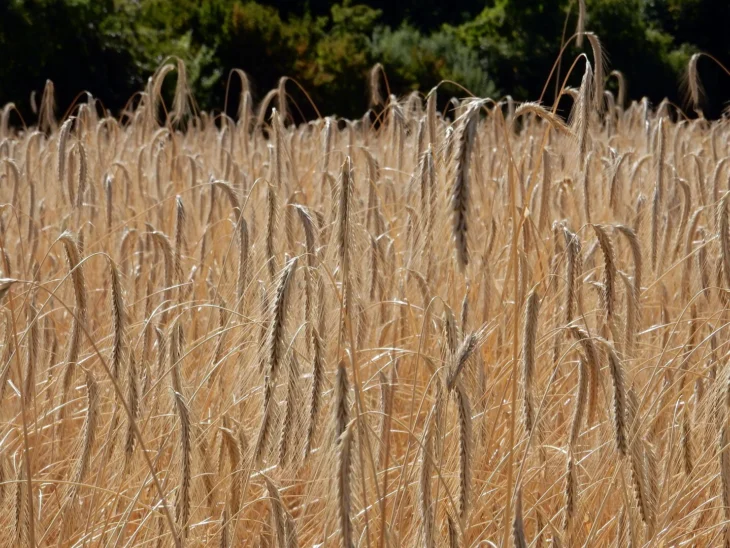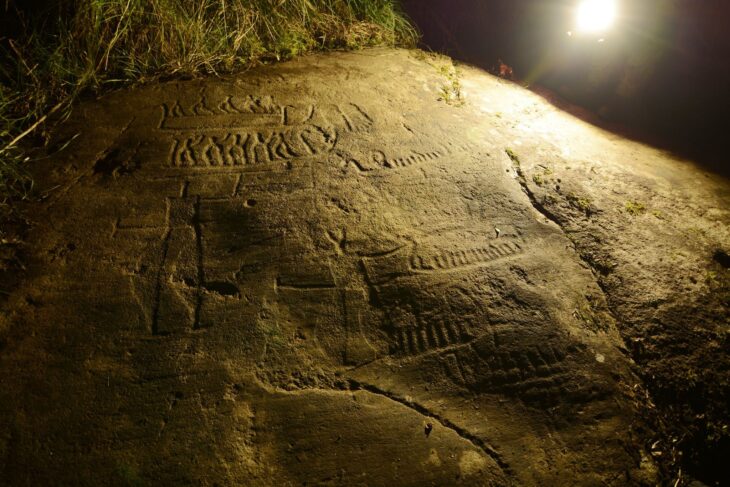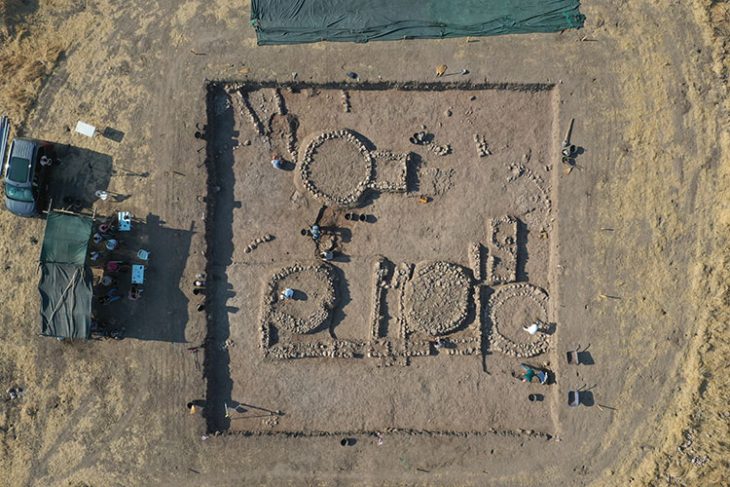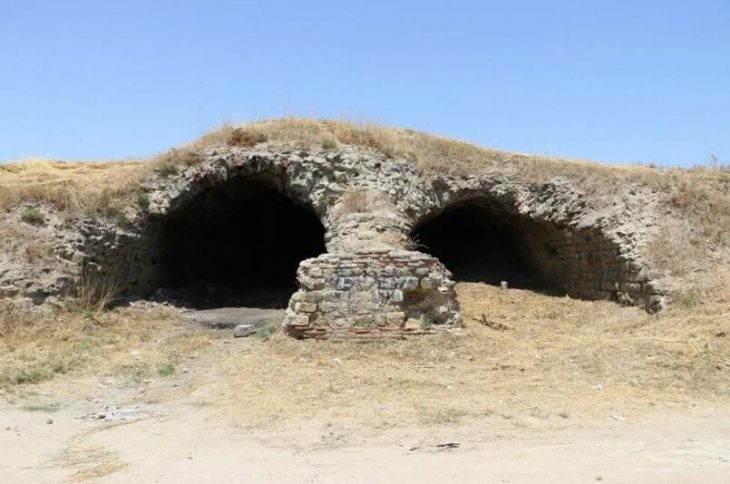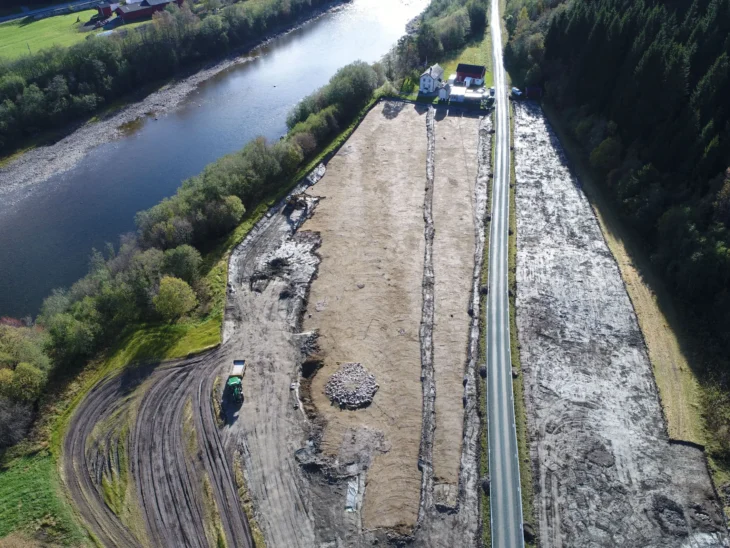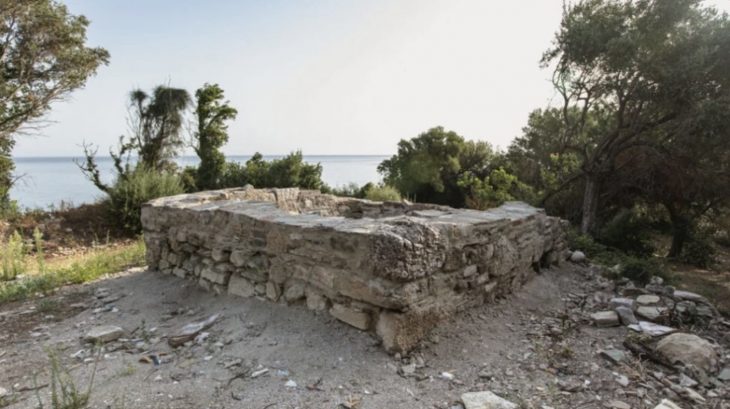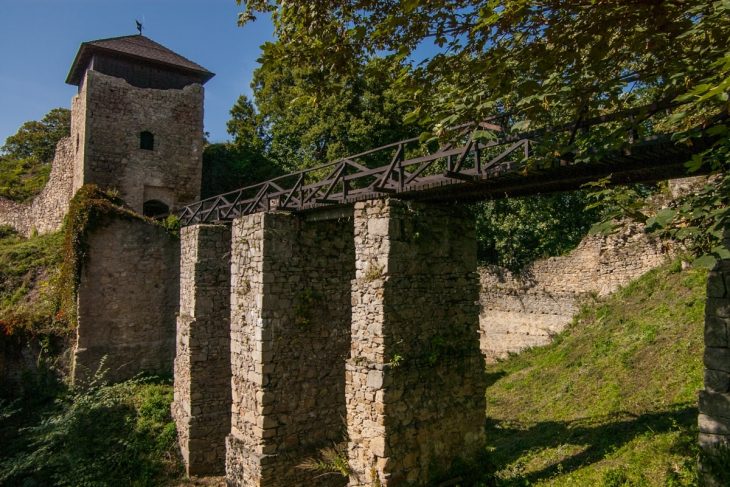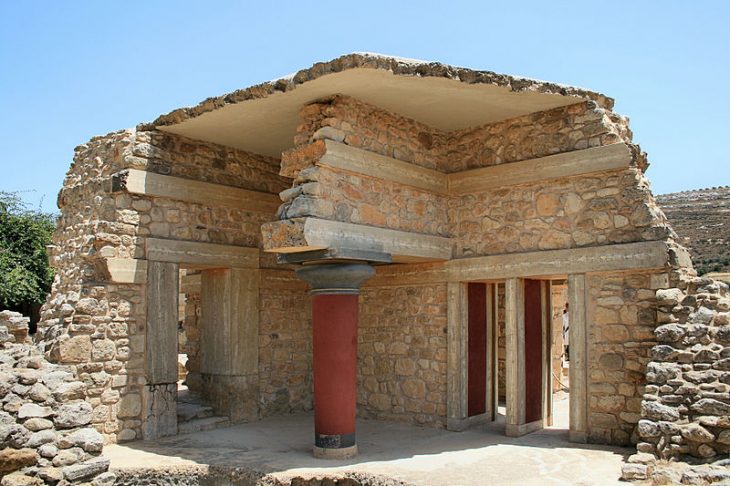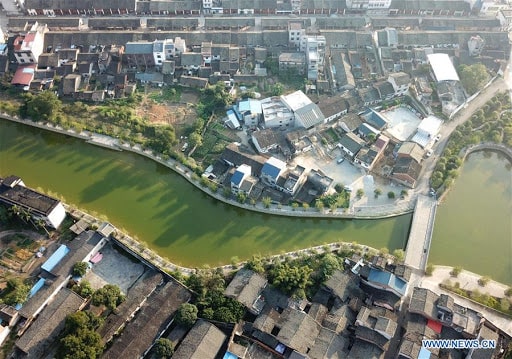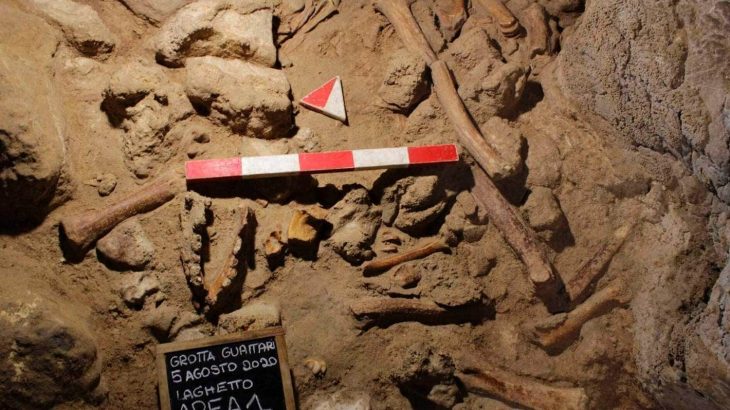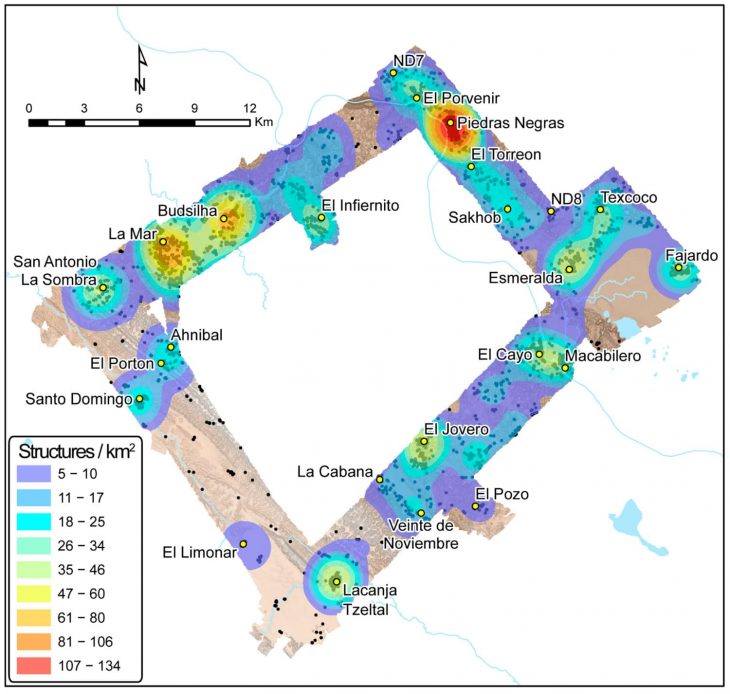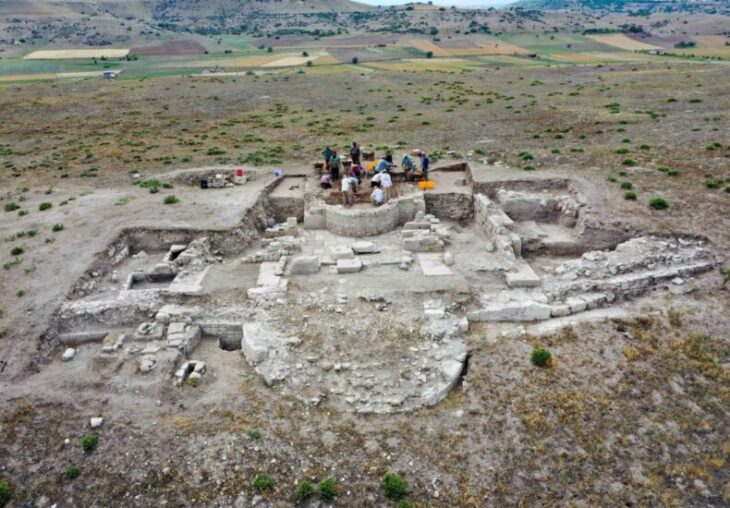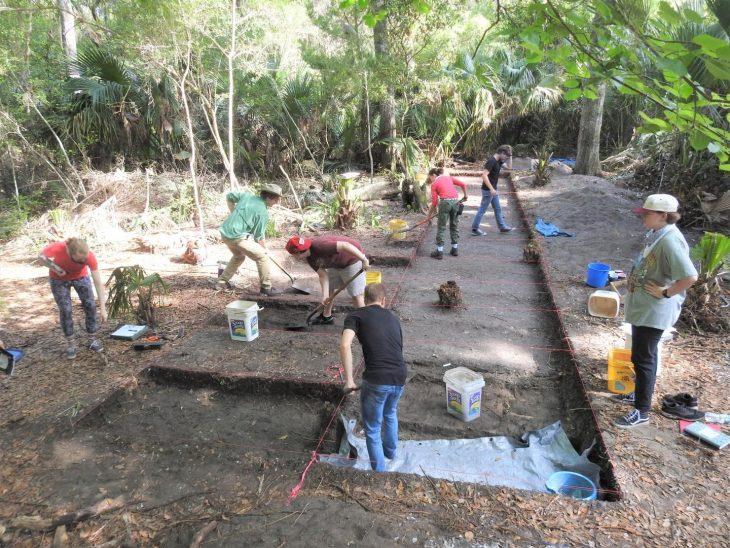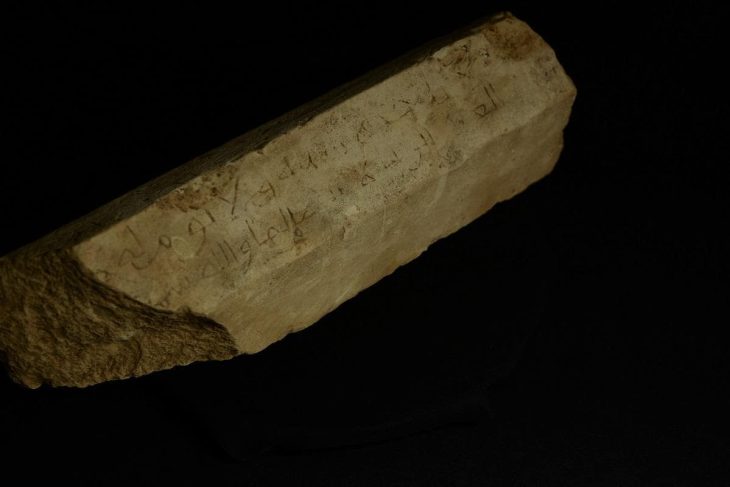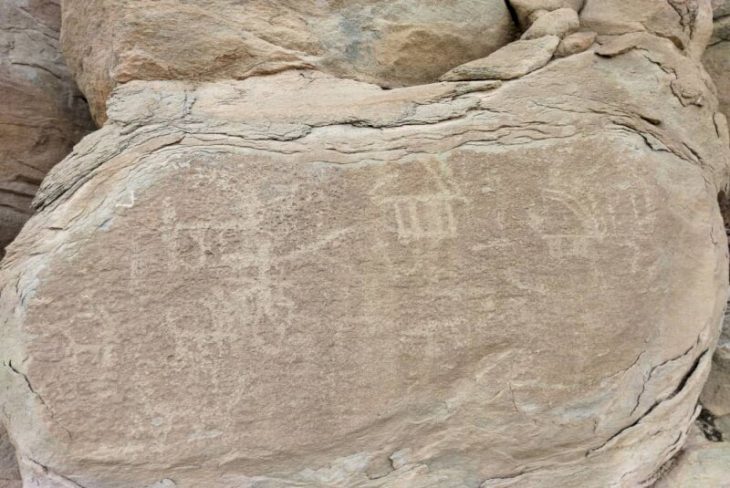In Plovdiv, in southern Bulgaria, archaeologists have discovered over 500 ancient coins and a gold template for making jewelry from different periods.
The coins were found during salvage excavations at the foot of the Old Town, in the Philipopol-Trimontium-Plovdiv historical zone, which is a group cultural monument. It is located next to the Eastern Gate of Philippopolis, BTA reports.
Plovdiv is an ancient city built around 7 hills, in southern Bulgaria. It has been recognized as one of the oldest settlements in Europe, with evidence of habitation reaching as far back as the 6th millennium BC. Until relatively recently in its history, the city was known as Philippopolis as it was conquered by Philip II of Macedon during the 4th century BC.
Originally, a Thracian settlement of the banks of Bulgaria’s largest river, The Maritsa, the Plovdiv has had a turbulent history and has been invaded by Persians, Greeks, Celts, Romans, Goths, Huns, Bulgarians, Slav-Vikings, The Crusaders and The Ottomans, in the past.
Head of the excavations Desislava Davidova told BTA in an interview that coins are roughly 100 meters from Philippopolis’ East Gate and most likely represent a small workshop, similar to the ones in the Revival period.
📣 Our WhatsApp channel is now LIVE! Stay up-to-date with the latest news and updates, just click here to follow us on WhatsApp and never miss a thing!!
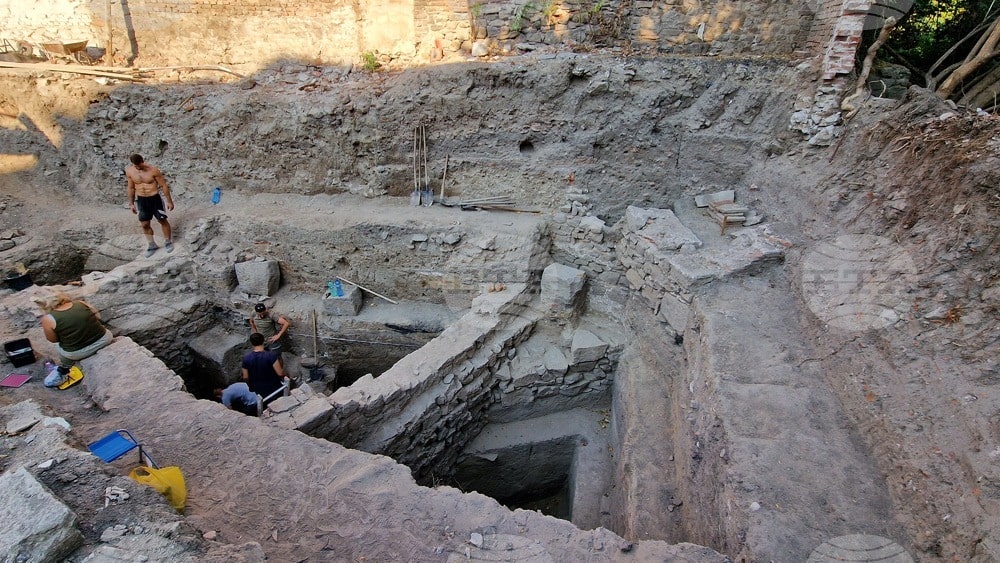
As per Davidova, the site is exceptionally fascinating, especially considering that Plovdiv has cultural layers that can be as deep as seven meters. The working depth at this location is approximately 6.5 meters. There were additions from several eras found, including the Hellenistic (3rd–1st century BC) and Roman. The additions to the street, including the shops, residences, and workshops, are all included in this area.
The coins found are mostly bronze and prove that the area has been inhabited for more than 2500 years. “The coins are subject to restoration and I cannot say if they are only bronze because sometimes silver coins have a thick patina and are difficult to identify in the field,” Davydova explains.
The gold template was found in a secondary excavated pit and has yet to be analyzed as the site has multiple layering. The template was definitely not for coin production. It was probably made for ornamental purposes and turned into a kind of jewelry. A lot of pottery material from different eras was also found.
“These are small workshops, different from those in the southeast of the city, where another type of production took place. This is basically where the settlement developed before the Romans came, and for that it is of particular interest,” Davidova said in a statement to BTA.
A special inscription was also discovered at the beginning of fieldwork on the site. It is most likely an honorific inscription from a pedestal for a statue dating from the time of Emperor Septimius Severus (193-211), according to Dr. Nikolay Sharankov, a specialist in epigraphy. Also, a special team will be formed to analyze the inscription.
Cover Image: Radio Plovdiv

